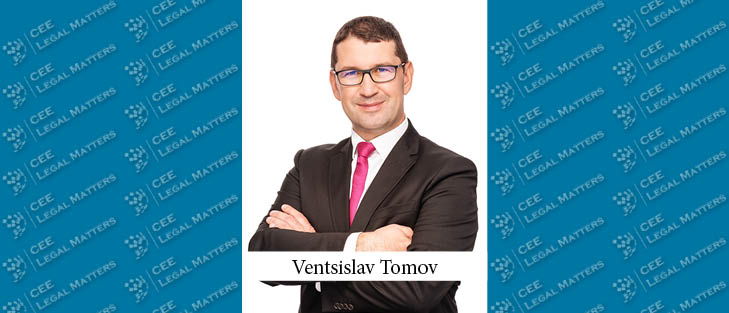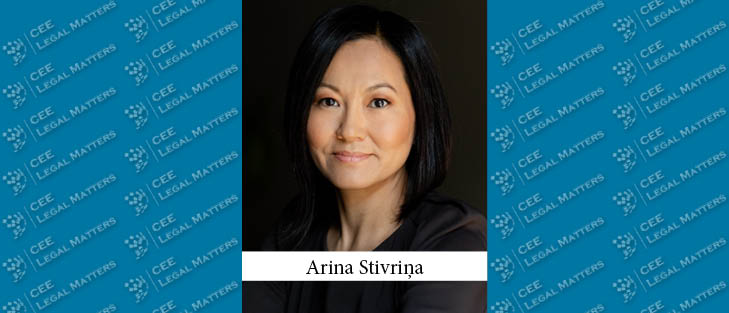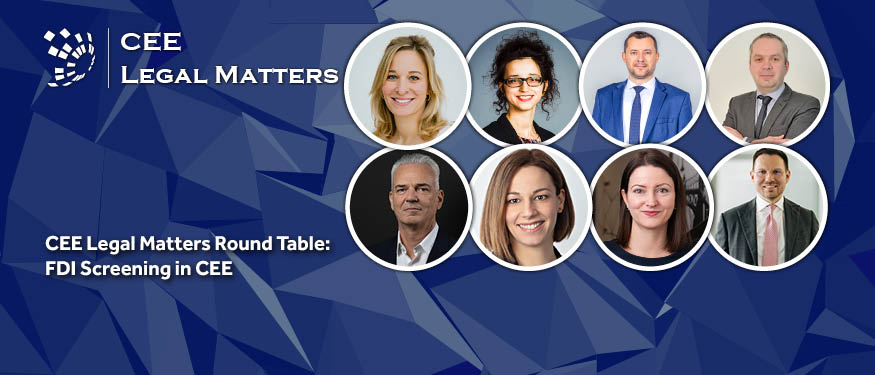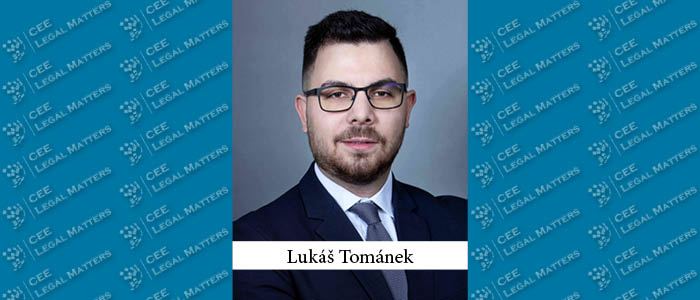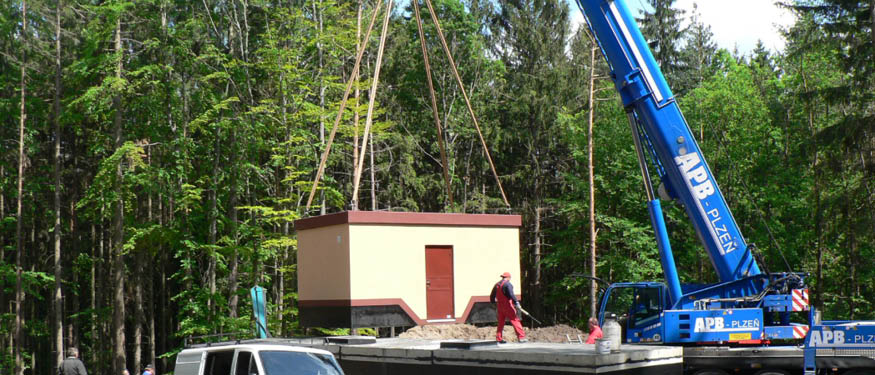Kosovo declared its independence on February 17, 2008, nine years after the 1999 conclusion of its conflict with Serbia, during which time it operated under the protection of the United Nation Mission in Kosovo. The post-war climate in the country was full of hopes for new beginnings, and in 2008 the newly sovereign state began the process of establishing effective and fair legislation, developing an independent economy, and building a protective environment for its citizens.
Although significant improvements have been achieved in that short period of time, expert disagree on certain issues that the country faces now that hold it back from faster growth. On one thing they agree: Kosovo has potential.
Potholes Amid Progress
The journey leading up to and since Kosovo’s declaration of independence was and remains full of potholes, including the country’s troubled relationship with Serbia – which, like many other nations, refuses to recognize Kosovo as a state. Nonetheless, the country has achieved significant economic growth in the years since its independence, fueled in part by its possession of what is reported to be the fifth largest lignite reserves on Earth.
Thus, despite some economic stagnation in recent years, and some failed major projects, market participants remain hopeful. “There are still many opportunities that would have a huge impact on Kosovo,” says Visar Ramaj, a Founding Partner of the Ramaj & Palushi law firm, who points to a recent EUR 1.3 billion deal to build a new power plant in Kosovo. According to Ramaj, the project is expected to attract foreign investors and increase the country’s annual GDP growth rate from its current 4.4% to five or even six percent.
However, some experts have a more skeptical outlook on the current situation. Korab Sejdiu, a Founding Partner of the Sejdiu & Qerkini firm who is currently serving as Member of the Kosovo Parliament, says that while Kosovo seeks EU investments, it simultaneously – like many other countries – suffers from the influx of donations, which often are uncoordinated, inefficient, and problematic. “It is important for the EU, US, and other international donors to sit down with the Kosovo government and set up priorities and allocate each donor specific financial and technical responsibility,” he says. “I believe, in order to be more efficient, it would require coordination between the local government and foreign donors.”
Christian Mikosch, Partner at Wolf Theiss’s Kosovo practice, highlights the country’s problems with corruption as a serious obstacle (Transparency International’s 2016 Report ranks Kosovo 95th in its corruption perception index – at the same level as El Salvador, Argentina, Benin, the Maldives, and Sri Lanka). According to Mikosch,“whenever you have a project, there will always be someone who will take advantage of you.” He admits to some frustration with the phenomenon, which has put off scores of potentially interested investors. “We still hope we can assist international companies,” he insists, “but we are not putting a lot of resources there, unless the situation changes.”
Still, not everyone is so despairing. While Sejdiu acknowledges the presence of corruption in his country, for instance, he does not believe it is significantly greater than elsewhere in the region. And either way, he takes it as a challenge. “Obviously, it is much easier to operate in a more functioning legal system, because it takes less time away from your legal work,” he says. “Practicing law in a dysfunctional legal system is not as efficient – [but] at times it is more exciting. You need to be innovative and a go-getter to ensure success for your clients and show overall success.”
And Visar Ramaj suggests that focusing on corruption misses the point, instead referring to the “rapid changes of the legal framework and the lack of predictability of the legal framework, coupled with political stability on the status of Kosovo,” as “factors impacting on the low level of foreign investments.” Ramaj says these obstacles obscure what he describes as the “many opportunities the Kosovo market presents.”
The Fast Track to a Mature Legal Market
Christian Mikosch of Wolf Theiss says the picture was significantly different fourteen years ago, in 2004, when his firm was brought to Kosovo with a mandate to advise the United Nation Mission in Kosovo (UNMIK) on the incorporation of Pristina International Airport. At the time, Mikosch recalls, “I saw the potential to get more investors to the country. Quite a lot was happening.”
According to Mikosch, the Wolf Theiss team was able to find an innovative approach to Kosovo laws by analyzing the Laws of the Former Socialist Federal Republic of Yugoslavia, Serbia, Albania and other countries in the region. Having offices both in Belgrade and Tirana was an advantage as well, he says, as it allowed the firm to understand the context of both languages and relevant legislation. Mikosch explains the historical analysis of old Yugoslav laws that his firm eventually provided to the UN Mission.
These days, Mikosch says, although Wolf Theiss remains the only international firm that is ranked in Kosovo, its team has been reduced to himself and Wolf Theiss Associate Lukas Slamenczka –both of whom are based primarily in Vienna – along with the firm’s Albanian office, which works on Albanian-Kosovo mandates. His team’s work is “purely opportunistic,” Mikosch says, and is focused mainly on M&A, in large part because of the growing ability of lawyers in Kosovo itself to handle day-to-day matters for sophisticated clients. “Now we have to look towards the possibilities, as there are very good local lawyers already.”
Ramaj believes that, in addition to a halting implementation of new laws, the lack of consistent and reliable jurisprudence affects the legal market. “Today, the challenge is legal predictability, [as] due to the dynamism it is still problematic to predict specific cases.” He suggests that the vigorous efforts of foreign organizations such as the United States Agency for Aid and Development had an inevitable impact on how Kosovo legal system was created. The frequent changes led to problems in the courts and the legal market, according to him, which were not always able to keep up with the rapid changes in the law.
Still, Ramaj insists that progress is unmissable. He points out that, in the years leading up to Kosovo’s independence, “the Kosovo legal market was almost nonexistent, because the courts and legal market were controlled by Serbia.” But, he says, “at this stage, it is growing and we see the move from the solo practitioners, which were the most common and widespread way of practicing law.” The increasingly sophisticated and skilled lawyers offering their services in Kosovo, he says, “help shape the legal market and increase the bar of professionalism.”
Korab Sejdiu points out that the country faced unique challenges post-independence. “Kosovo faced a multilayered legal landscape, so it had basically not only to fill the gap that occurred as a result of economic transition from a centralized to market economy,” he explains, “but also to replace old Yugoslav laws and a plethora of UNMIK regulations which were enacted from the end of the war until Kosovo’s declaration of independence.”
And that transition doesn’t always run smoothly. “The implementation of the laws in Kosovo is somewhat lackluster,” Sejdiu says. “This is also more so felt by the business community, especially with regard to the relationship of citizens and investors vis-a-vis the public administration.” He adds, “basically improving the overall justice system in Kosovo I believe would be key to establishing a better business environment.”
Still, Mikosch, Sejdui, and Ramaj all insist the problems in the country shouldn’t obscure the real progress being made, and agree with Mikosch’s insistence that Kosovo’s Constitution – created, Sejdiu says, in full compliance with international standards and legal framework – is “innovative and modern.”
“Kosovo is certainly not where we hoped it would have been by now in post-independence,” Sejdiu says. “However, there are some significant steps that have been made and make Kosovo better today than it was a few years ago, and I believe the future is bright for Kosovo.”
This Article was originally published in Issue 5.2 of the CEE Legal Matters Magazine. If you would like to receive a hard copy of the magazine, you can subscribe here.













